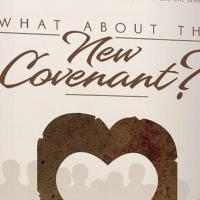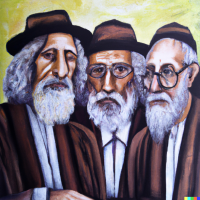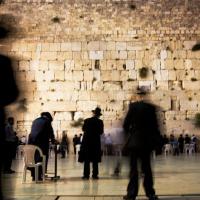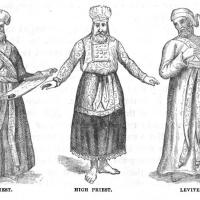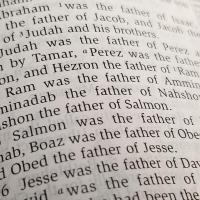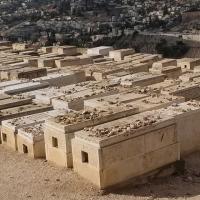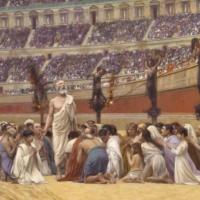What were the sacrifices supposed to accomplish? The writer of the book of Hebrews maintains that the animal sacrifices offered in the Temple cannot grant forgiveness for the world to come or the reward of eternal life. If so, why did God command the Israelites to offer sacrifices?
The contents of this discussion contributed to the First Fruits of Zion audio-teaching What About the Sacrifices?.
This sermon marks one year in Beth Immanuel's study of the epistle to the Hebrews, so it features a brief review of the first eight chapters of the book.






